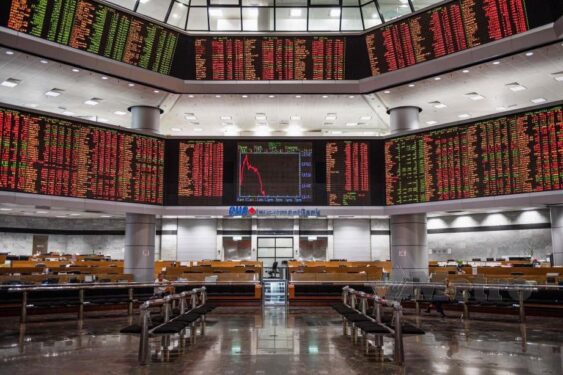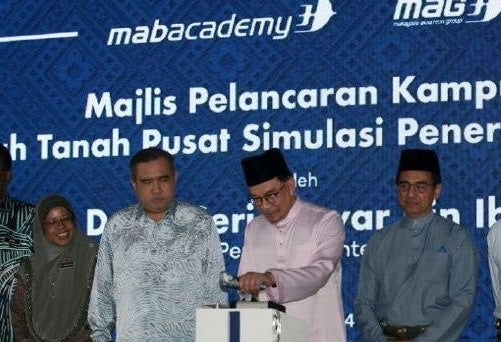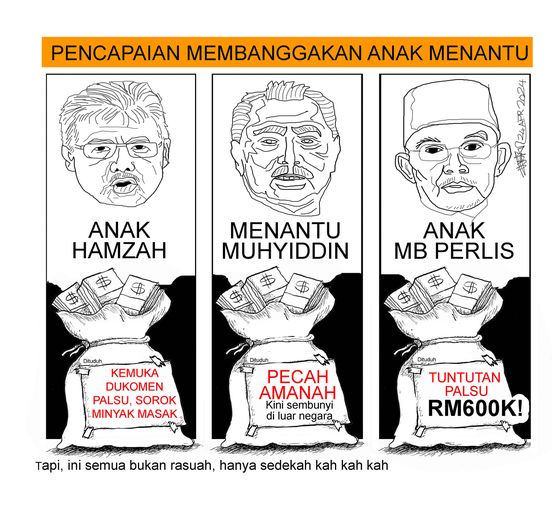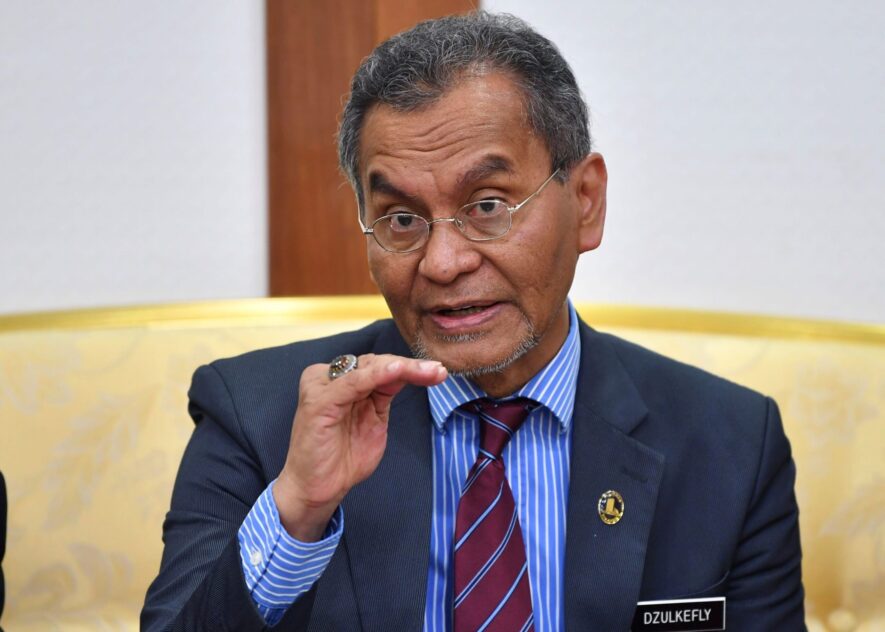KUALA LUMPUR: The jailing of an indigenous farmer, using a law meant to stop deforestation by companies, highlights Indonesia’s slow progress in protecting indigenous people and ensuring their rights to customary forests, human rights activists said on Tuesday.
Bongku, a member of the Sakai indigenous group on Sumatra island, was given a one-year prison sentence by a district court on Monday for cutting down 20 trees in a disputed forest area last November without permission from the ministry of forestry.
“This verdict is a way to expel and intimidate the Sakai indigenous people into leaving their traditional land,” said Andi Wijaya, a lawyer and human rights activist at the Pekanbaru legal aid institute, who represented Bongku.
“This ruling is evidence that the state does not protect the rights of indigenous peoples who depend on forests,” he said about the public prosecution.
Across the archipelago, indigenous and rural communities are fighting to reclaim their ancestral land, following a historic 2013 ruling that lifted state control of customary forests.
President Joko Widodo vowed to return 12.7 million hectares of such land to indigenous peoples, but progress has lagged, land rights activists said.
Indonesia’s environment and forestry ministry did not respond to requests for comment on the Bongku case.
More recently, restrictions on movement to contain the novel coronavirus have made farmers and indigenous people more vulnerable to losing their land, according to activists, who have also warned of greater intimidation by authorities.
The Sakai people have lived on and cultivated forest land in Riau province for about 60 years, growing potatoes and other plants there, which was Bongku’s defence, Wijaya said.
The law used to prosecute the 58-year-old is supposed to apply to corporations that carry out organised forest clearing, human rights activists said.
The same law has already been used to prosecute farmers and indigenous people in Sulawesi and Surabaya in Indonesia, but those cases were dismissed by judges, Wijaya said.
Indigenous ‘criminalisation’
Rukka Sombolinggi, secretary-general of the Indigenous Peoples Alliance of the Archipelago, which was involved in the case, said Bongku’s sentence was an example of “the criminalisation faced by indigenous peoples who have no legal certainty.”
The Sakai people face extinction because their customary land has been given to the private sector without proper consultation and checks, she added.
Bongku – who has already spent seven months in jail awaiting trial – and his Sakai people have been involved in a land dispute since 2001 with pulp and paper company PT Arara Abadi, which is part of Indonesia’s Asia Pulp & Paper Group (APP).
An APP spokeswoman pointed to a company statement last week saying Arara Abadi had conducted a field inspection with community representatives in a bid to resolve the dispute over land inside its concession area.
The inspection concluded that the land “had never been occupied or managed by the Sakai community,” it said.
Despite mediation efforts by Arara Abadi at local and national level, which led to agreements between the company and the Sakai, “there were still attempts for land occupation in areas designated as industrial plantations,” it added.
Bongku is not the first of his people to be prosecuted during the conflict, Wijaya said, adding that eight others were handed jail sentences in 2009 for illegally occupying land.
Andreas Harsono, a Jakarta-based researcher with Human Rights Watch, said Bongku’s case “once again raises questions on indigenous people’s rights in Indonesia.”
“Plantations like PT Arara Abadi and the Riau police should not arrest nor prosecute Bongku, who cut down trees in supposedly his own tribal land,” he added. – May 19, 2020, Reuters










